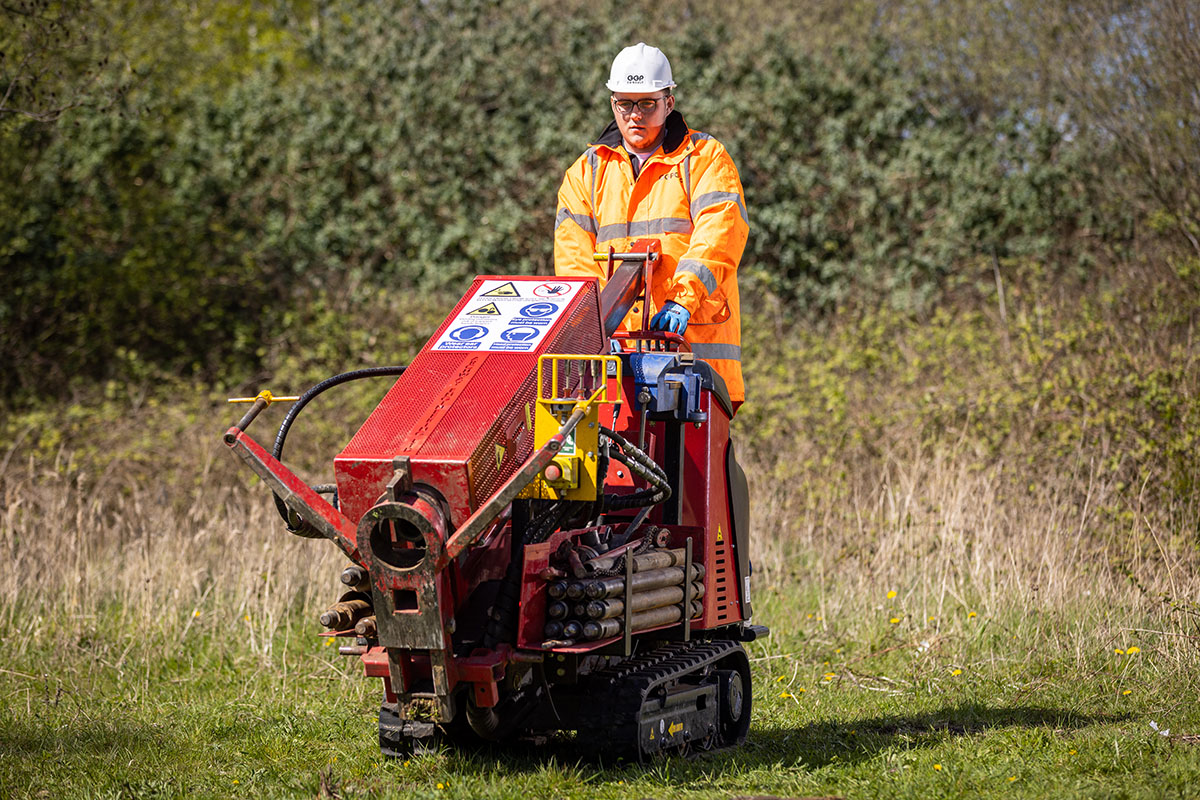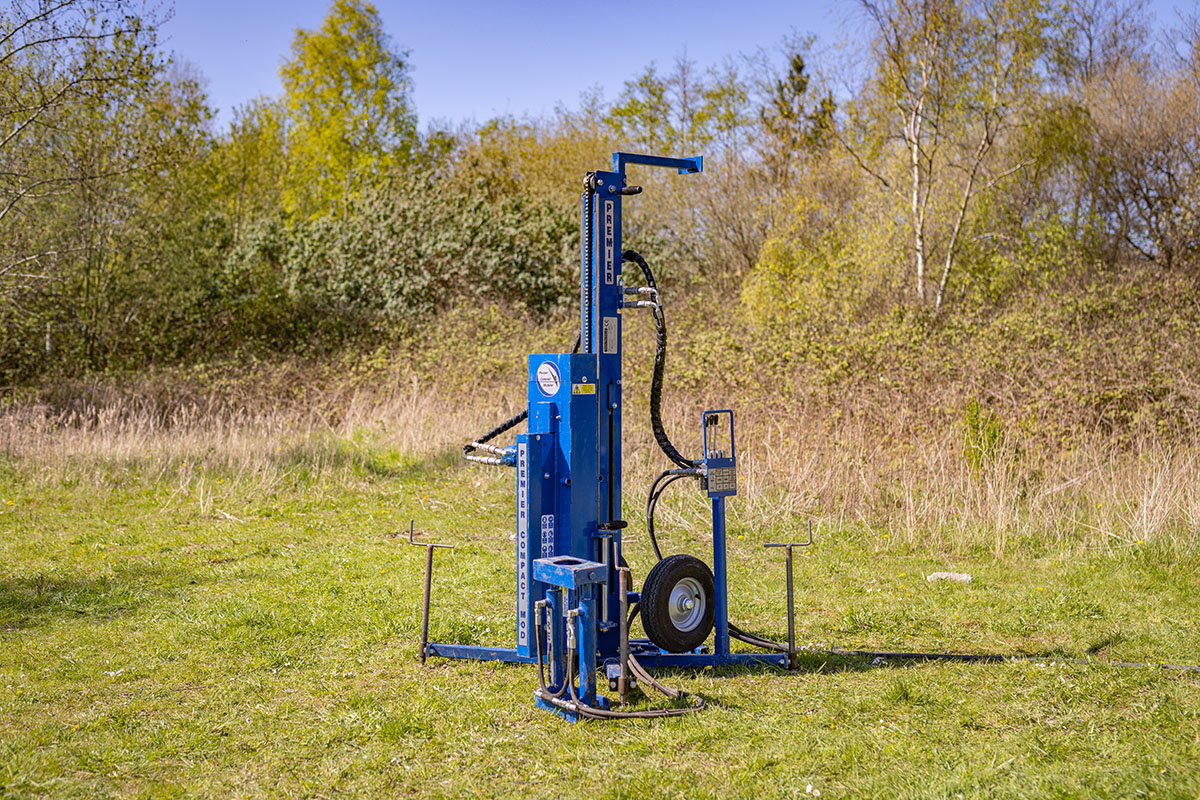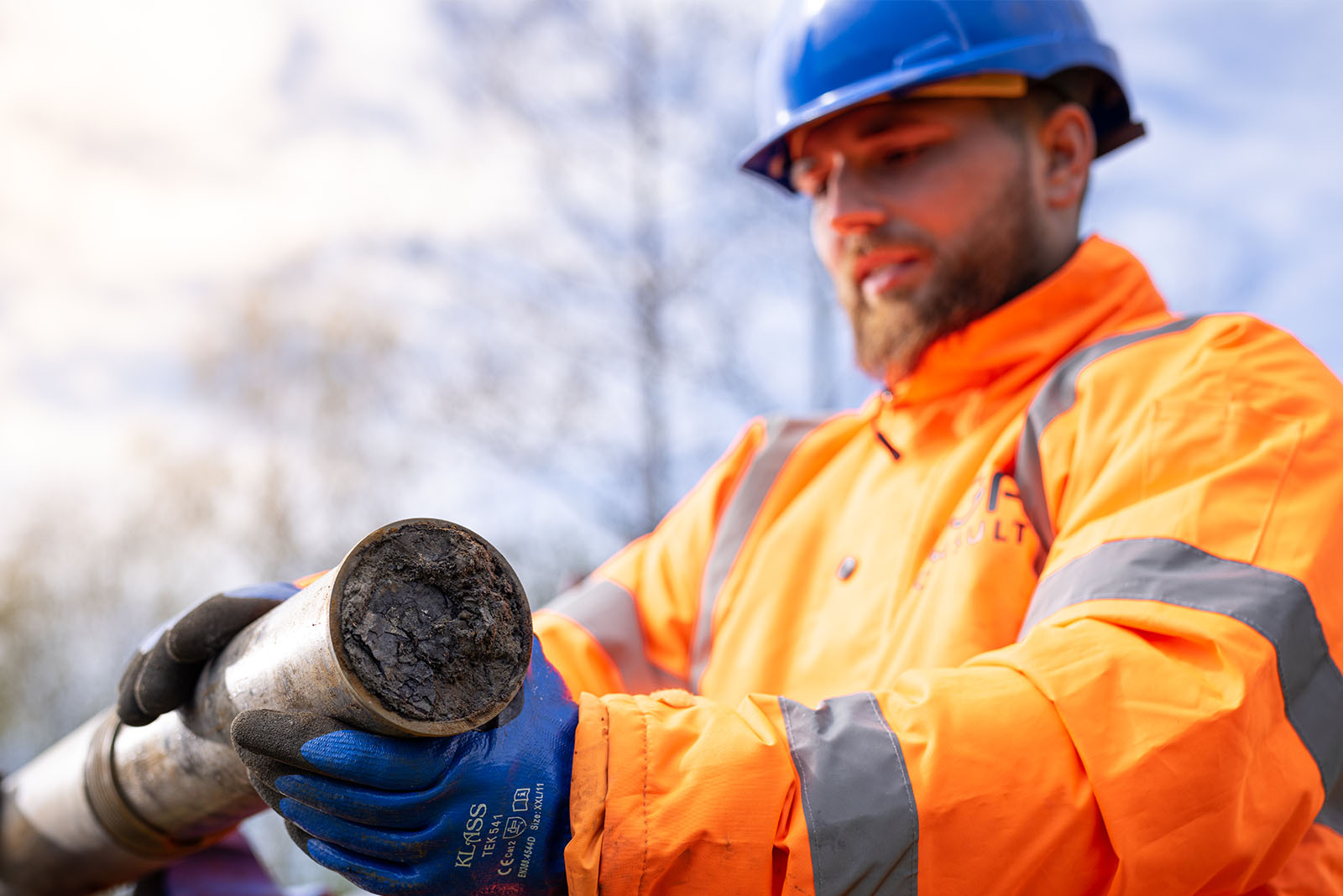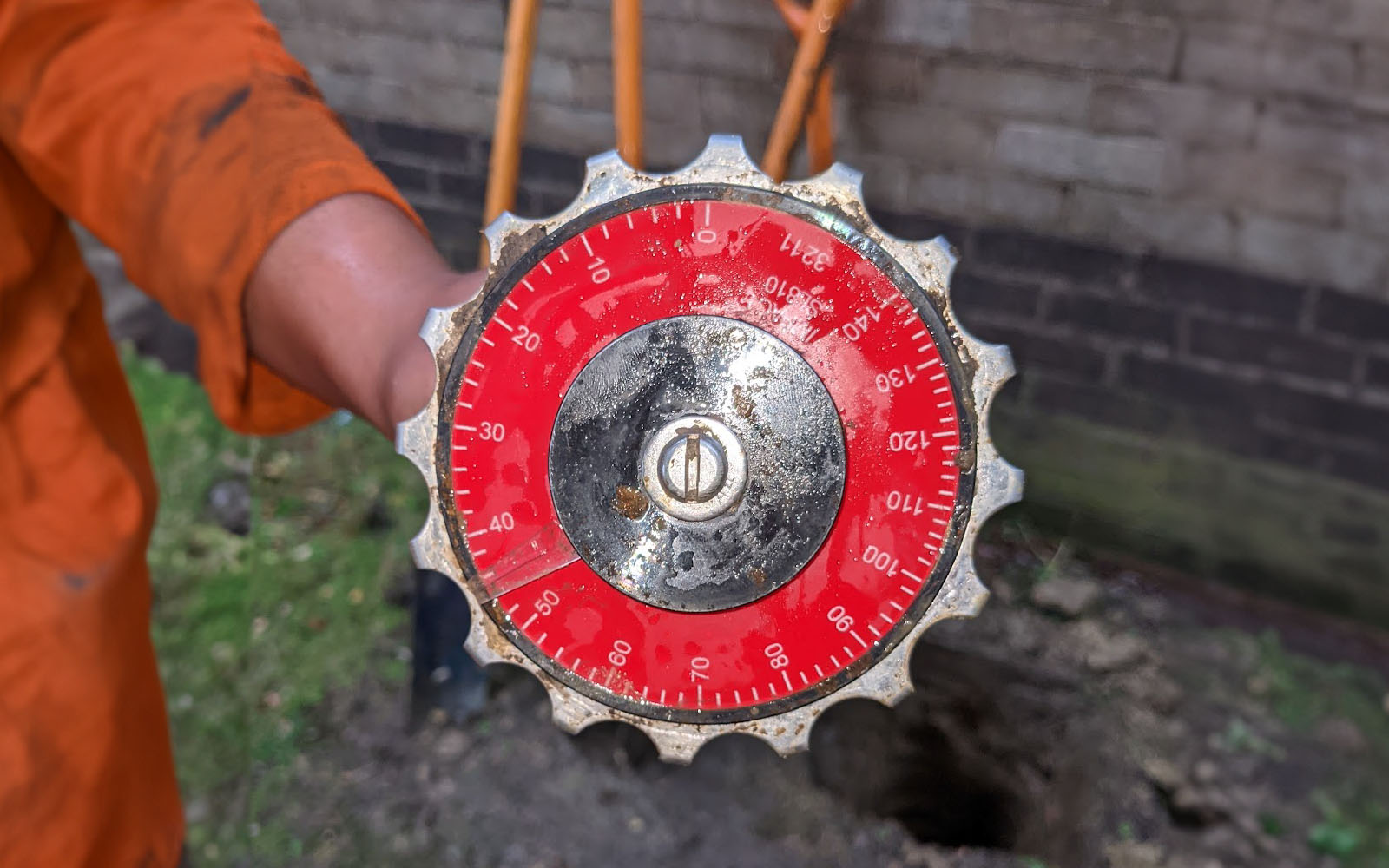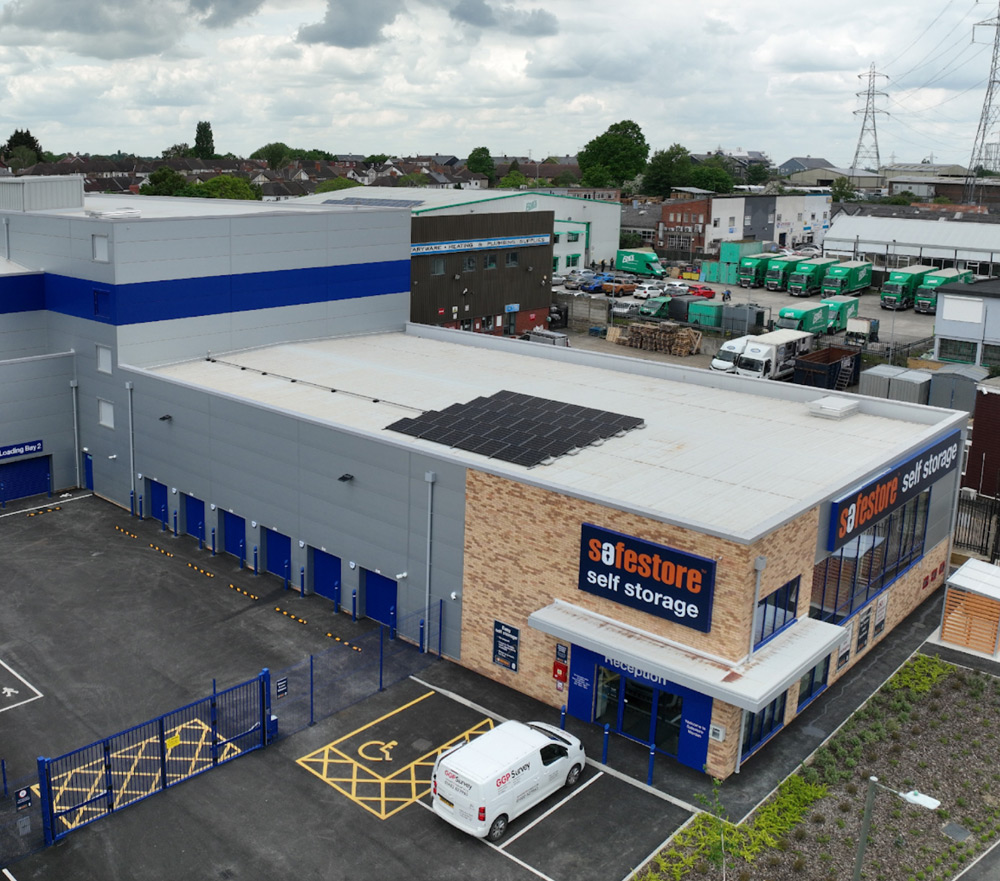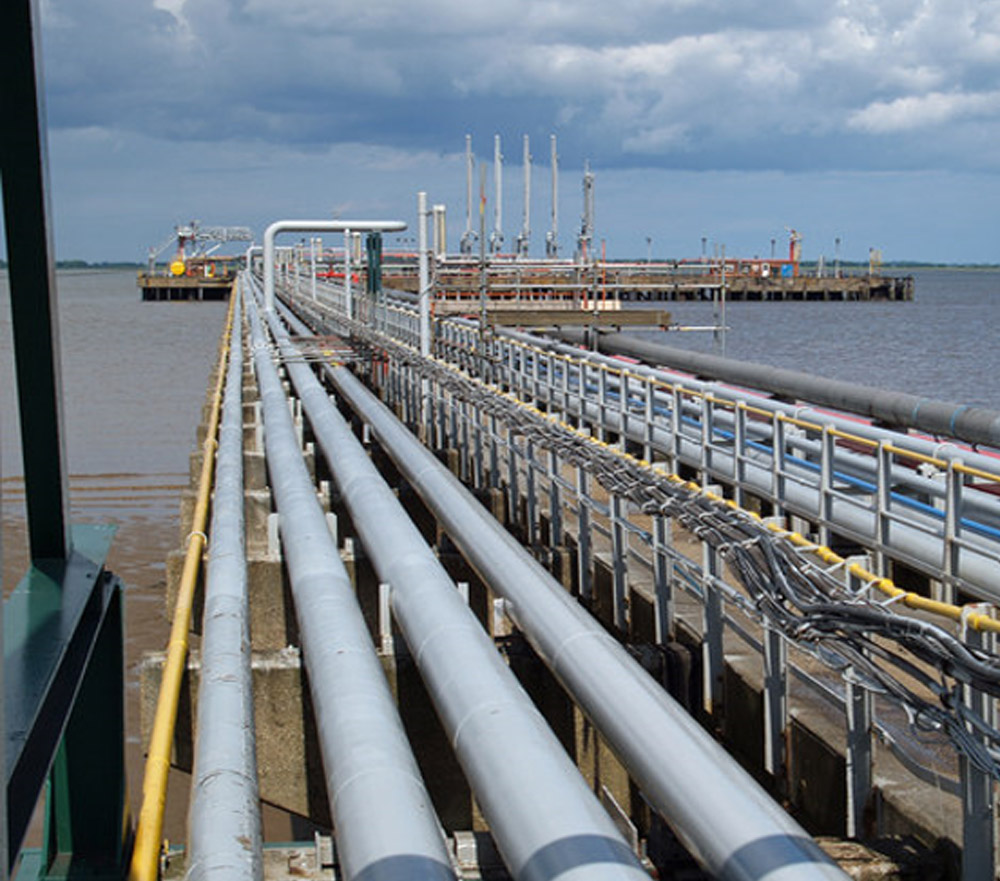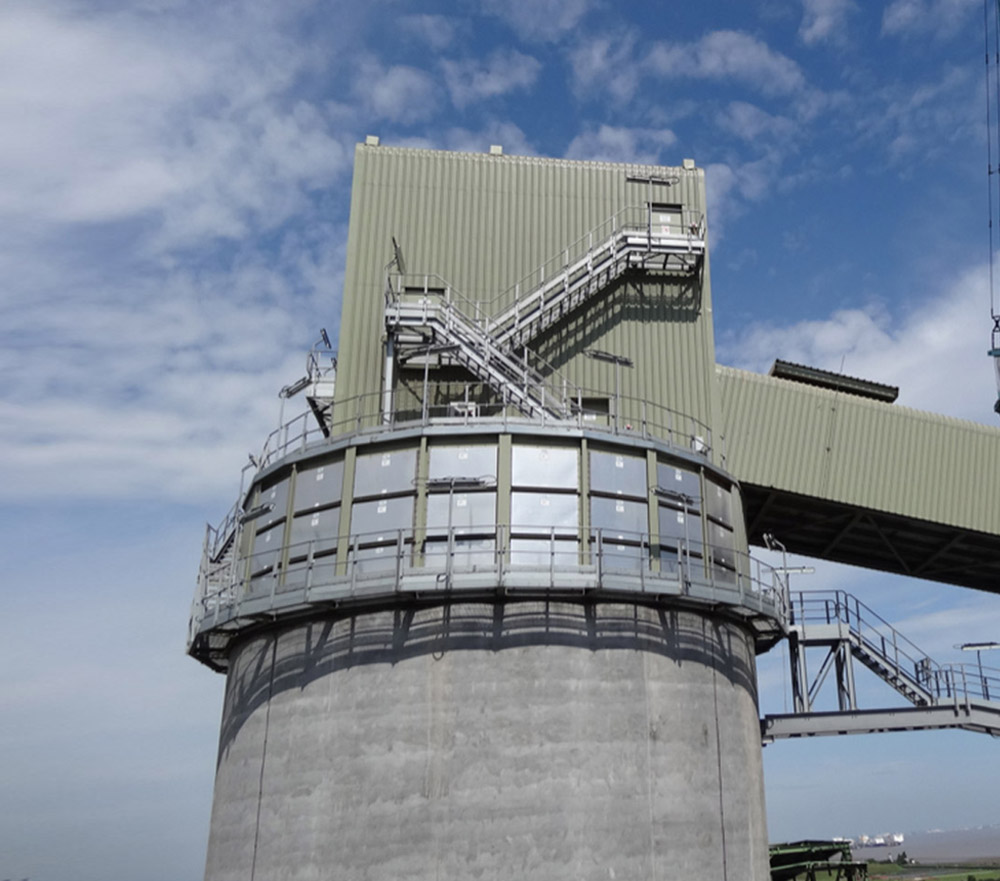In-situ Testing
Mackintosh Probe
This lightweight, handheld device is suited for investigating soft soils to depths of up to 10m. Its portability makes it ideal for uneven or swampy terrain. Results are repeatable and correlate to undrained shear strength, assisting in targeted borehole placement and soil interpolation.
Dynamic Probe (DPSH)
Dynamic probing involves driving a cylindrical cone into the ground using a 63.5kg weight dropped from 750mm. This method measures soil resistance in 100 mm increments and is conducted using our Dart Competitor rig. The resulting blow counts are correlated to SPT 'N' values and are presented graphically for clear subsurface interpretation.
Shear vane
The shear vane test measures the undrained shear strength of cohesive soils. A steel rod with four vanes is inserted into the soil and rotated at a constant rate. A torque gauge measures the resistance, which is converted into shear strength based on the vane dimensions.
Pull-Out Testing
We offer on-site pull-out testing using portable hydraulic rigs, ideal for verifying the performance of anchors, fixings, and safety-critical connections in concrete, brickwork, and masonry. Tests are conducted to industry standards with digital data capture and traceable reporting, providing assurance for both temporary and permanent works.
CBR (California Bearing Ratio)
The California Bearing Ratio (CBR) is a measure of the strength of a subgrade or pavement material and its suitability for use in road and pavement construction.
Traditionally, CBR testing has been carried out either in the laboratory or in the field using a small rig mounted on the back of a vehicle. However, we now offer a more efficient and modern approach using the Zorn Lightweight Deflectometer (LWD). This portable device employs a drop weight to apply a dynamic load to the ground surface and measures the resulting elastic deflection. From this, CBR values can be rapidly estimated and recorded digitally, allowing for quick and informed decisions to be made directly on site.



